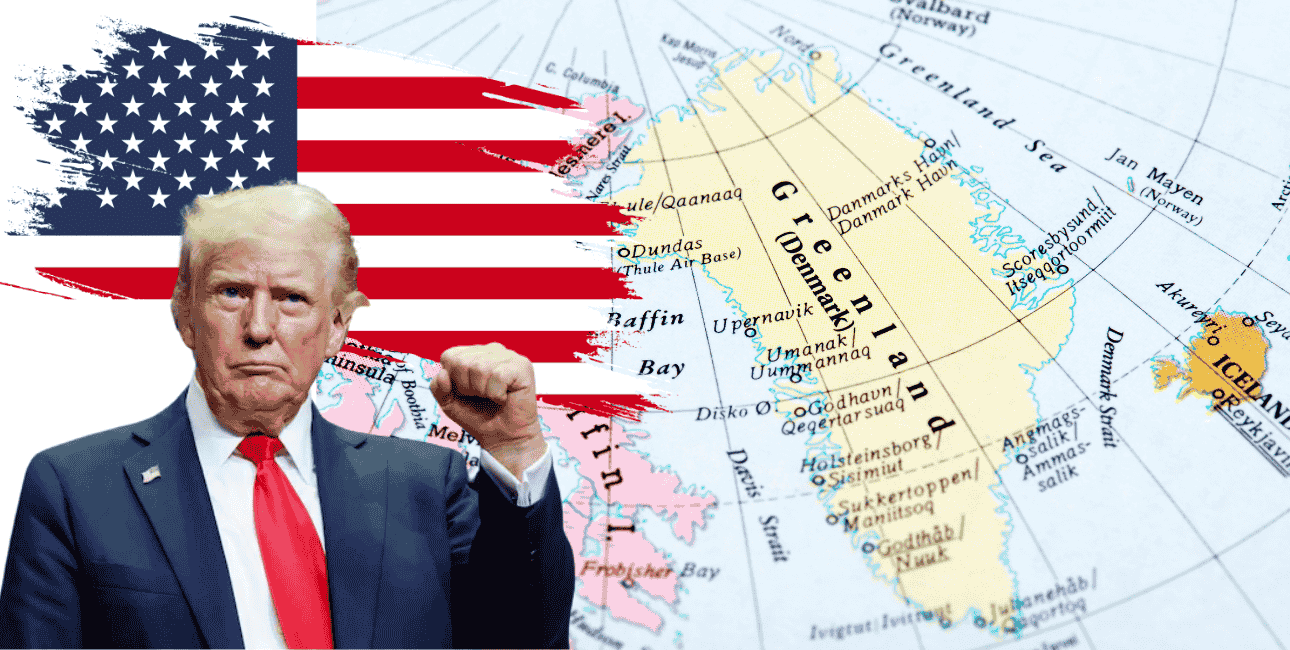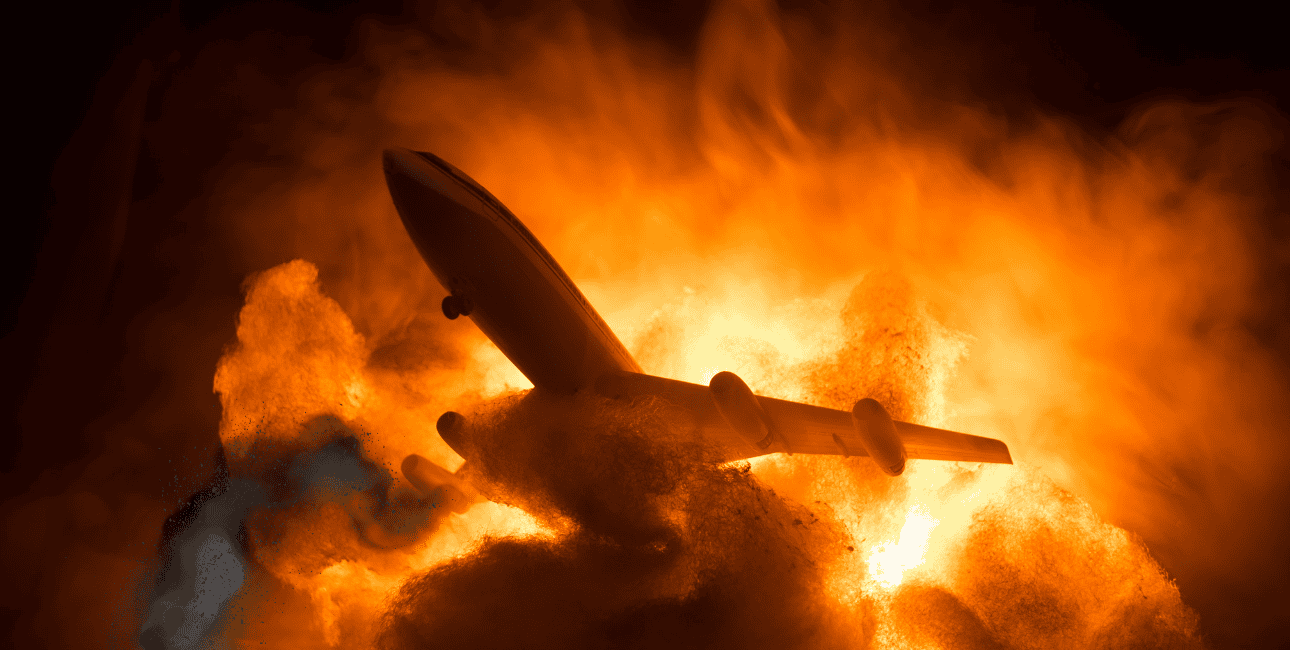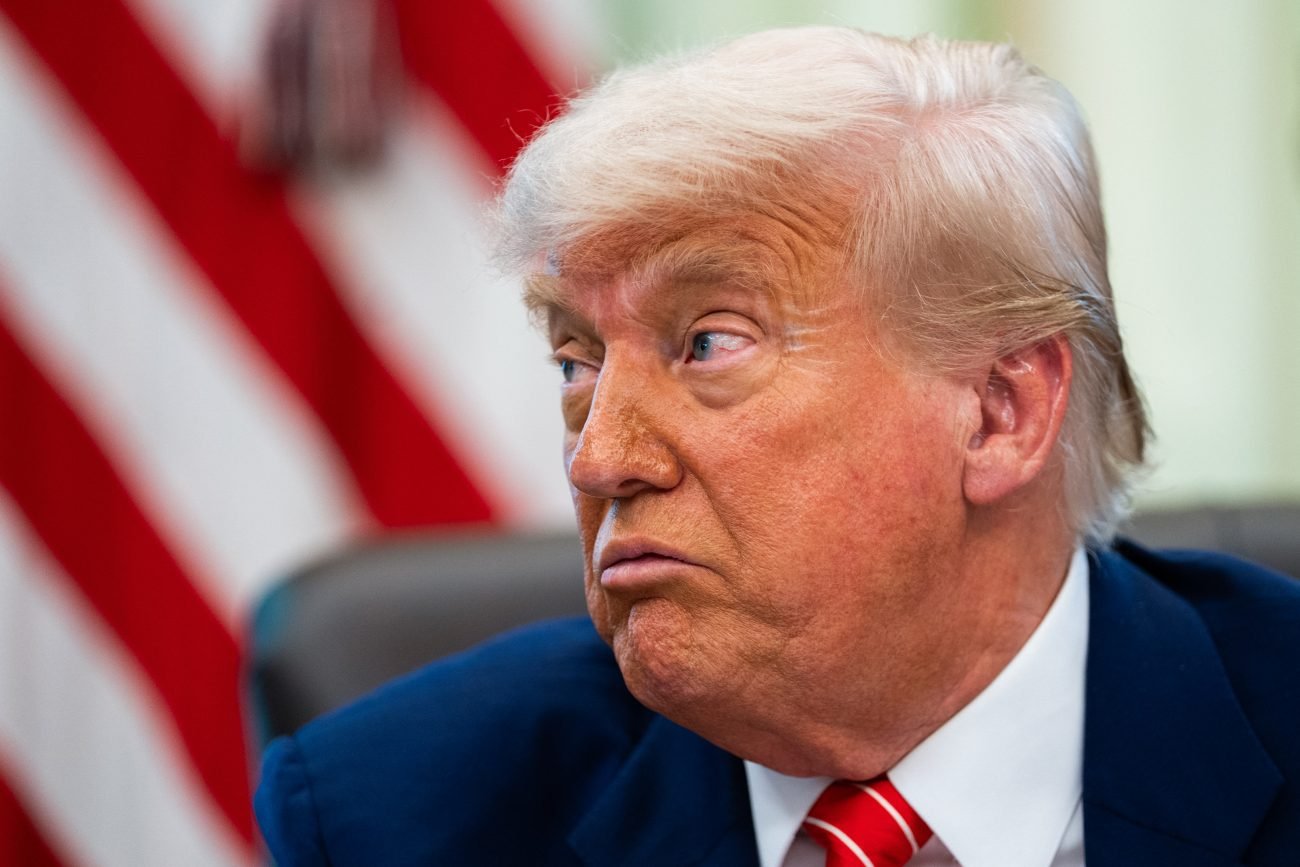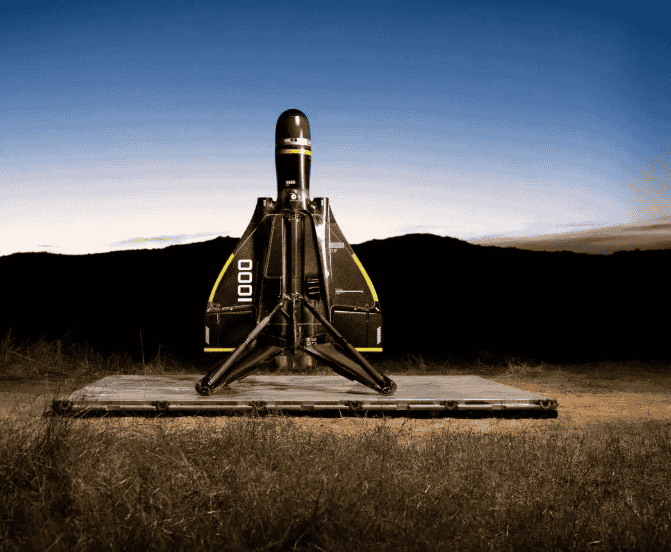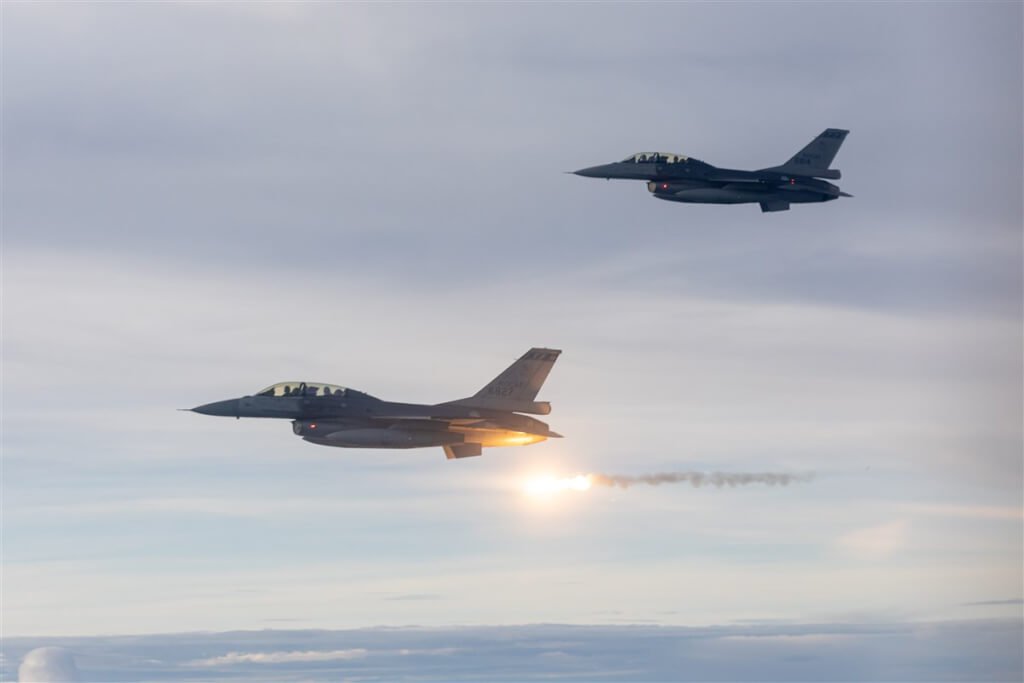If the “Trump – factor” played the most important role in reviving the fortune of a down and out Liberal party in just two months to bounce back to retain power in Canada in the elections on April 28, will it prove to be equally potent when Australians vote to form their next government on May 3?
In fact, this question is shared among a growing number of policy analysts worldwide. Had this question been asked around the time when Donald Trump assumed office in the United States for the second time, the dominant answer would have been that he was greatest asset for the conservative movement in the whole world and that parties and leaders supporting and applauding Trump and his conservative ideas would be doing remarkably well in their respective countries’ elections.
In fact, it did happen that way in France, Germany, and Austria. They might not have won exactly to form the government (Germany may be an exception), but their parliamentary performances have made them matter in the country’s politics and governance, and no one can ignore them.
And for the conservatives already in power in Italy, Hungary, Argentina, or, for that matter, in India, Trump’s re-election was a huge boost in their fights against the Left-liberal ecosystems that traditionally dominated their countries.
To put it differently, there was what some political scientists had termed the “Trump bump” for the conservatives everywhere who wanted to emulate the U.S. President’s nationalist and anti-establishment policies.
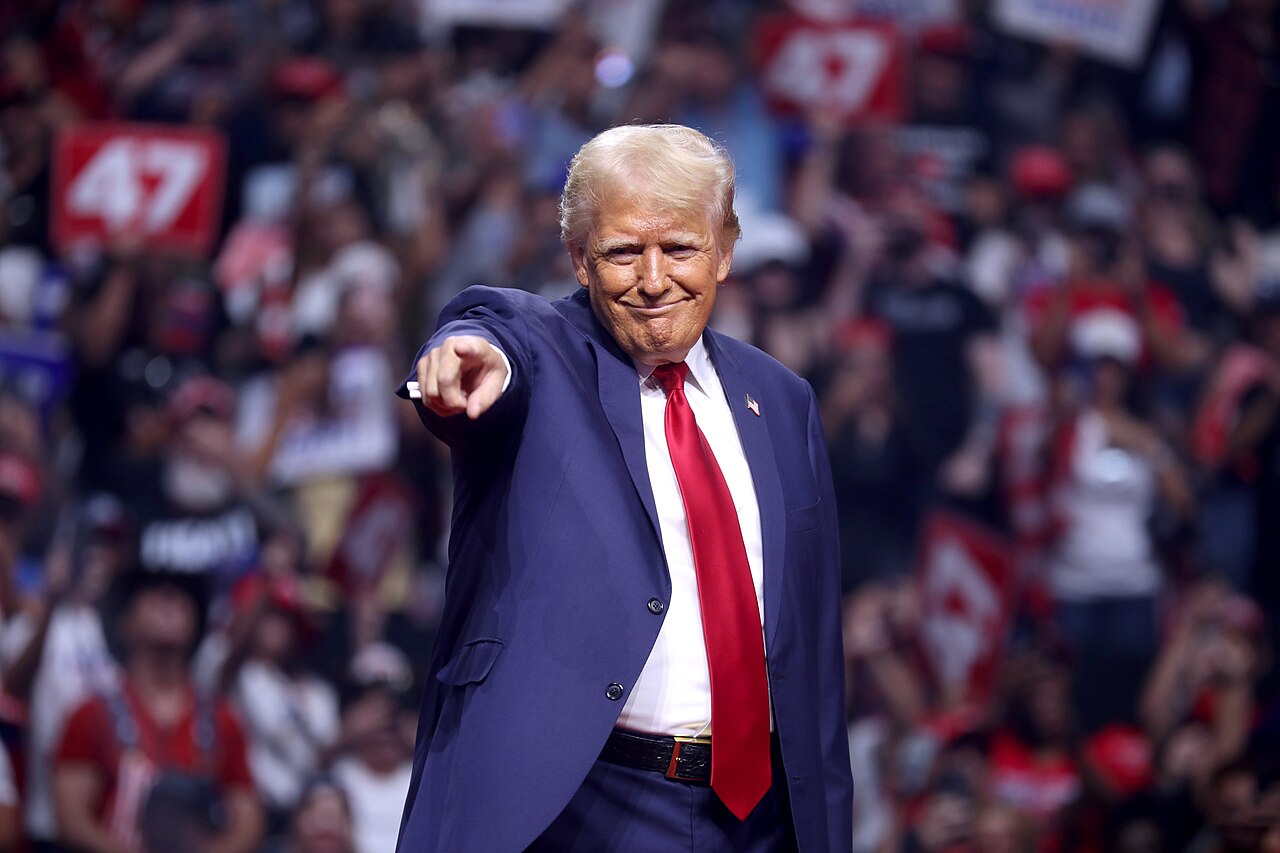
But with Trump in office for the last 100 days, the bump seems to have turned into a “Trump slump.” Now, Conservative leaders the world over are much more restrained in their eulogy of Trump. In fact, many of them are trying to distance themselves from the U.S. President.
Canada’s Conservative Party leader, Pierre Poilievre, did that, but by the time he did so, it proved to be too late.
Poilievre’s Conservatives had held a commanding 45% to 22% lead over the governing Liberals of former Prime Minister Justin Trudeau in January. However, the Trump backlash not only stalled the Conservatives’ momentum and led to the resurgence of the Liberals but also denied Poilievre a victory in a constituency where he had won three times previously.
Trump’s extraordinary attack on Canada, his repeated suggestion to make it the 51st American state, and unprecedented tariffs on Canadian goods seem to have galvanised the Canadian voters. So much so that a political novice, former banker Mark Carney, who had won the internal race to succeed Justin Trudeau as Prime Minister, was considered best able to deal with Trump by his countrymen to clinch the election.
Will the same phenomenon be repeated on Saturday in Australia? Well, the Canadian situation may not be exactly the same in distant Australia, though both are Commonwealth partners. But Trump’s global tariff war and volatile diplomacy are said to be bolstering the prospects of Prime Minister Anthony Albanese and his ruling centre-left Labor Party.
As in Canada, when Trump was inaugurated in January, Liberal Party leader Peter Dutton was ahead in the opinion polls, as Australians expressed anger over the cost of living and housing affordability.
Apparently, he had embraced the Trumpian idea of “wokeness.”
He had called for cutting off funding for schools that he deems to have a “woke” agenda. Like Trump, he was in favor of immigration restrictions, deregulation, and slashing of the federal government, and positioned himself as a change candidate at a time when ordinary citizens were chafing under rising costs. For Dutton, Trump was “a big thinker.”
But now the Canadian results seem to have enhanced Albanese’s prospects of getting a renewed mandate. Polling conducted by Australian public broadcaster ABC has found that more than seven in 10 Australians thought Trump’s actions would leave them worse off financially, while a majority no longer viewed the United States as a reliable security partner.
As many as 66 percent of Australians now believe that their country can no longer rely solely on the United States and needs to develop its own military capacity further. That figure last June was under 40 percent.
Of course, as his Canadian counterpart Poilievre had done in the last few days before the election, Dutton has attempted to distance himself from many aspects of Trump’s agenda, especially on trade. He has criticized the U.S. tariffs, saying Trump’s self-proclaimed “Liberation Day,” when reciprocal tariffs took effect, was “a bad day for our country.” But whether that will be enough when Australians vote this weekend remains to be seen.
However, Canada and Australia are not the only two countries where association with Trump’s brand of politics is affecting their right-wing/conservative leaders.
Although the Christian Democratic Party performed very well in the last German elections, its leader, Friedrich Merz, has decided to form a coalition government with the Social Democrats and has emerged as a significant critic of Trump’s policies towards NATO and Ukraine.
Despite her affinity with Russia and Putin and scepticism towards NATO, French right-wing and nationalist leader Le Pen is not portraying herself as close to America under Trump. Reportedly, she now views Trump more as a liability for her future political fortunes.
Even Italian Prime Minister Giorgia Meloni, who visited the White House in recent days to meet Trump, may represent a way forward for right-wing populists seeking to balance their political survival while steering a middle course, observers say.
Against this background, it is worth finding out whether Trump has abdicated conservative ideals and principles, as a result of which he is getting internationally isolated. His critics argue that he lacks the moral foundation and conservative principles necessary to truly represent a conservative outlook. They cite examples of how he is expanding his power by disregarding norms and the law.
Though never exactly static and open to modification because of the exigencies of time, conservative ideals, as seen in America, in essence, have been the following:
-
A commitment to limited government and reduced taxation.
-
Faith in Capitalism and the market economy, allocating resources by the free play of supply and demand, as the single economic system compatible with the requirements of personal freedom and constitutional government.
-
A strong national defense, with a focus on a military that was capable of defending American interests abroad.
-
Nationalism with strong respect for Judeo-Christian values and thus fight against policies that are seemingly discriminatory against the majority whites.
-
Separation of Powers in which each of the branches has a clearly defined constitutional role – Congress to make laws, the President to govern, and the Judiciary to interpret laws. They ought to remain within their respective spheres of authority and zealously guard them against encroachment.
Has Trump really compromised with the above? Seen dispassionately, his supporters have a point when they say Trump is not the “evil” that is made out to be. Their counterarguments are the following:
There is now the skyrocketing federal debt, which exceeds the annual economic output of the United States, posing an existential threat to the future prosperity, liberty, and happiness of Americans. Trump is, therefore, going to restore America’s fiscal sustainability, ensuring that future generations inherit a more prosperous and secure nation.
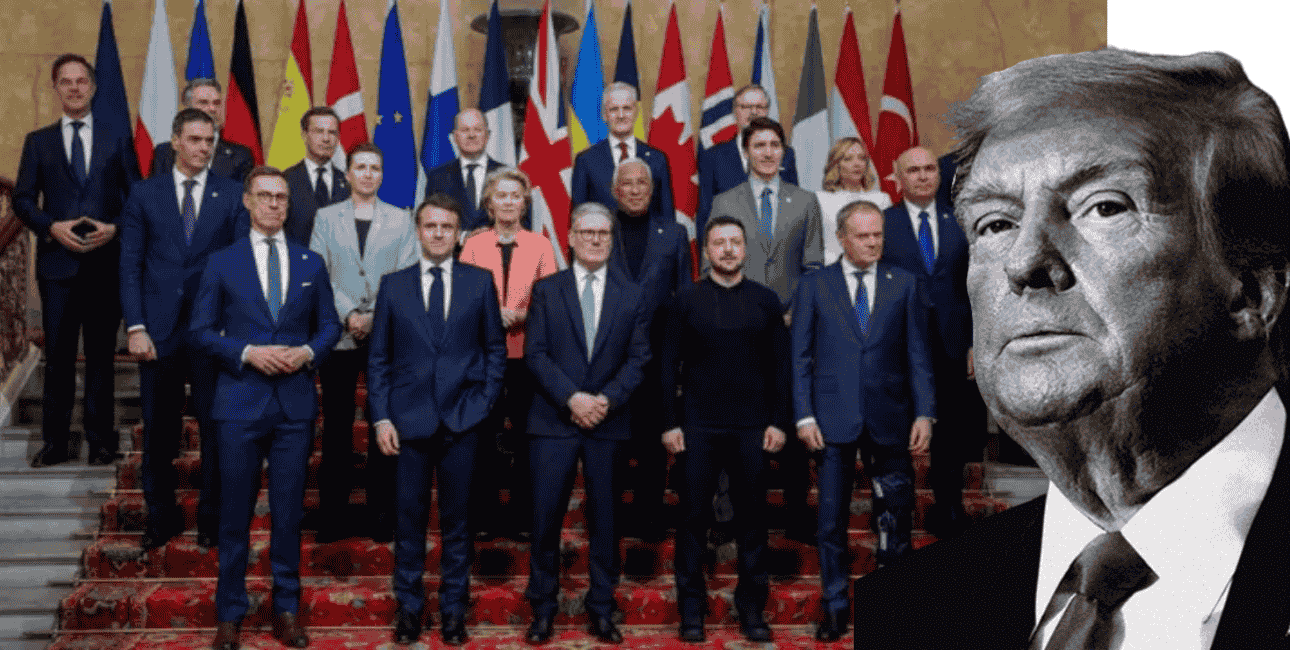
Trump is not against immigration, but illegal immigration. The idea of separation of power is not attacked by him, but the lower judiciary that is making it impossible for an elected President to function.
If Trump is advocating against American involvement in foreign wars or for reducing the U.S. share in collective defense with allies and partners, it is because the U.S. defense budget cannot be sustained over the long run with growing debt. Furthermore, it is becoming increasingly difficult to find the manpower to wage war on behalf of the United States.
In this context, Trump’s plan for Hemispheric Defence is essentially a return to the Monroe Doctrine of the 19th century, whereby the United States maintains its military supremacy over the Western Hemisphere and keeps out foreign powers, which makes complete sense.
Trump’s supporters argue that he has made only a reasonable request: that NATO nations raise their defense expenditure to five percent of GDP. However, most NATO allies barely reach two percent, while the Germans have yet to achieve this goal.
In this sense, hemispheric defense will compel Europeans to fund their own defense and rebuild their militaries to Cold War levels, which can only benefit America’s efforts to have more reliable and capable allies, rather than being, as Vice President Vance has said, freeloaders.
Regarding Trump’s idea of territorial expansion, it is noted that his statements are based on political and historical precedents. In 1917, the United States purchased the Virgin Islands of St. Thomas, St. Croix, and St. John from Denmark, and followed this up with the acquisition of Water Island from a private Danish company in 1944.
Even in the case of Canada, it is interesting to note that there have been periodic demands in the Atlantic provinces of Canada—Nova Scotia, Prince Edward Island, New Brunswick, and Newfoundland—that if French-speaking Quebec secedes, they will seek to join the United States.
Reportedly, many believe that British Columbia, which is divided from Canada by the Rockies and whose economic ties are more closely linked to the West Coast of the United States, would also like to be with the United States if adjoining provinces like Alberta and Saskatchewan exercise the American option.
Apparently, one does not come across any solid defense from Trump’s supporters regarding his tariff war. All told, this war could be cited as going against a fundamental Conservative principle: that the market economy is best managed by the free play of supply and demand, with personal freedom, rather than government interference.
It is said that when the government interferes with the work of the market economy, it tends to reduce the moral and physical strength of the nation.
Is Trump’s tariff war the real reason for his declining popularity among conservatives, not only within the United States but also in the rest of the world? Many, perhaps, will say “yes”.
- Author and veteran journalist Prakash Nanda is Chairman of the Editorial Board of the EurAsian Times and has been commenting on politics, foreign policy, and strategic affairs for nearly three decades. He is a former National Fellow of the Indian Council for Historical Research and a recipient of the Seoul Peace Prize Scholarship.
- VIEWS PERSONAL OF THE AUTHOR
- CONTACT: prakash.nanda (at) hotmail.com
